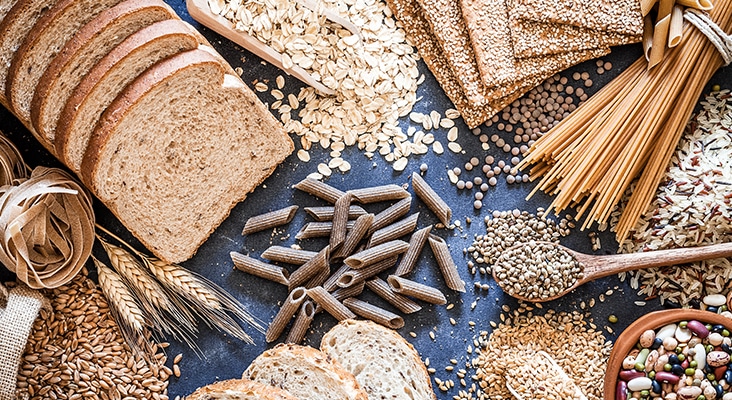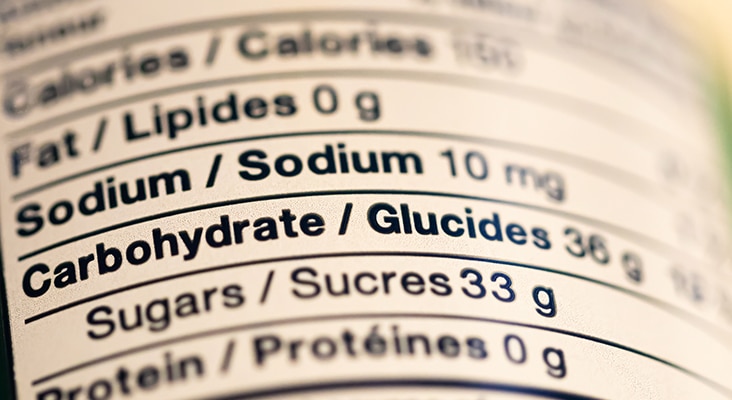Improving Oral Health Through Nutrition
Nutrients contained within foods are essential for growth, maintaining tissue health, repairing injured tissue, and providing energy for daily activities. Oral health professionals need to be prepared to identify dietary contributors to disease, assess patients for nutrition-related risks, and provide dietary counseling to mitigate these risks.
Carbohydrates are considered cariogenic, while proteins, fats, and non-nutritive sweeteners are noted as noncariogenic.
 fcafotodigital / E+
fcafotodigital / E+
The caries risk associated with foods depends on their carbohydrate composition and manner of consumption.
 Stefan Malloch / iStock / Getty Images Plus
Stefan Malloch / iStock / Getty Images Plus
While potato chips, crackers, and cereals may not contain sugars, they do have oligosaccharides (saccharide polymers composed of three to 10 simple sugars) and maltodextrins (polysaccharides used as food additives) that can, in time, can be easily fermented by bacteria in the mouth.
 LauriPatterson / iStock / Getty Images Plus
LauriPatterson / iStock / Getty Images Plus
Soft drinks, 100% fruit juices, juice drinks, wine, herbal teas, and sports drinks are all nonacidic.
 Lemon_tm / iStock / Getty Images Plus
Lemon_tm / iStock / Getty Images Plus
Patients should be advised to wait to brush their teeth until at least how many minutes following consumption of an acidic food/beverage to enable saliva to neutralize the oral cavity?
 artisteer / iStock / Getty Images Plus
artisteer / iStock / Getty Images Plus
Vitamin C deficiency has been associated with increased bleeding on probing, while high serum vitamin C levels have been linked to reduced risk of periodontitis in both smokers and nonsmokers.
 yulka3ice / iStock / Getty Images Plus
yulka3ice / iStock / Getty Images Plus
Patients need to understand the relationship between their oral health concerns and their diet in order to make informed decisions regarding behavior change.
 thesomegirl / iStock / Getty Images Plus
thesomegirl / iStock / Getty Images Plus
Share your Results:

